The generation of steam in boiler requires feed water. Feed water is often a mixture of returned condensate and treated make up water. Despite all economically justifiable efforts of treating feed water, a small amount of dissolved solids (TDS) always remain in the feed water. The TDS accumulate in boiler when water is evaporated to generate steam.
It is common practice to discharge or release a small amount of water from the boiler steam drum to reduce the dissolved solids level and eliminate deposits of solids in the steam drum.
Many boilers allow for the continuous water discharge (blow down) of water to manage dissolved solids levels. The blowdown rate can range from less than 1% when using extremely high-quality feed water to greater than 20% in a system with deficient quality of feed water. Makeup water contains a substantial percentage of total heat input for the boiler.
In many cases, the water and its heat content are sent directly to the drain, resulting in the wasting of energy and water.
To maintain safe TDS level, the quantity of blow down is controlled and it is recommended to recover the heat from blowdown water.
The energy savings can vary from 0.5% for a well run boiler to 2.0% in cases where the water quality is deficient. Recovering heat from boiler blowdown also leads to reduction of CO2 emissions saving the mother earth from pollution.
Enquire Now

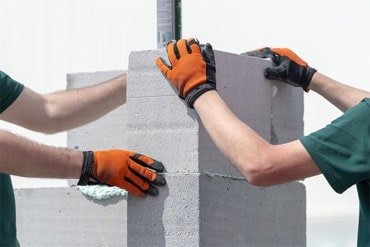 Aerated Concrete Block Industry
Aerated Concrete Block Industry 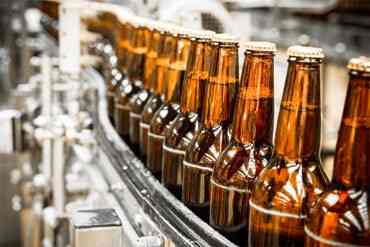 Brewery Industry
Brewery Industry 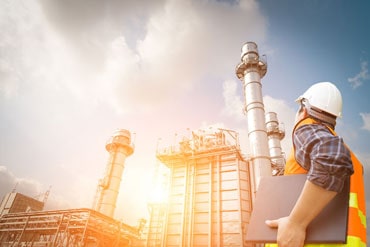 Captive Cogen Industry
Captive Cogen Industry 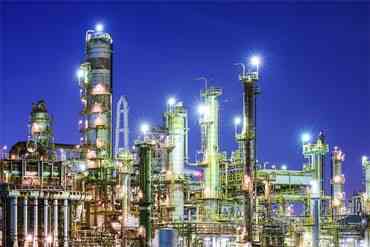 Chemical Industry
Chemical Industry 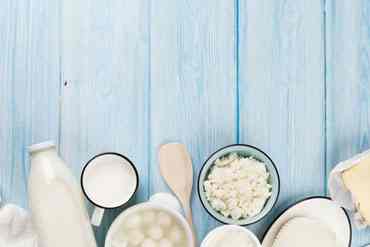 Dairy Industry
Dairy Industry 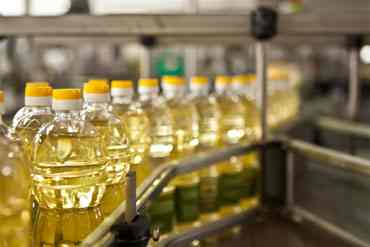 Edible Oil Industry
Edible Oil Industry 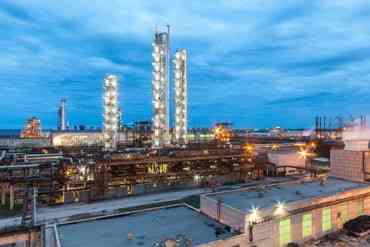 Fertilizer Industry
Fertilizer Industry 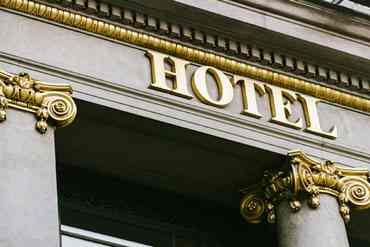 Hotel Industry
Hotel Industry 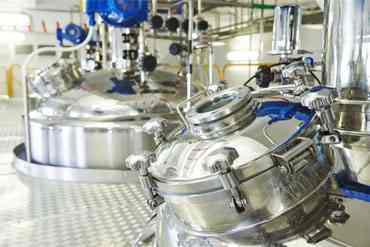 Pharma Industry
Pharma Industry 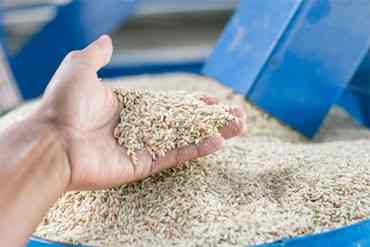 Rice Industry
Rice Industry 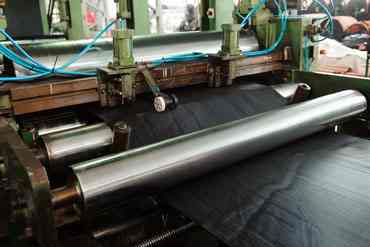 Rubber Industry
Rubber Industry 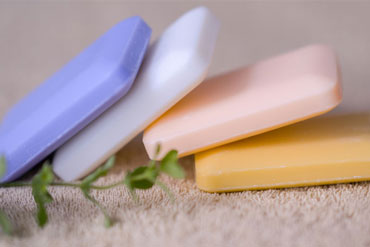 Soap Industry
Soap Industry 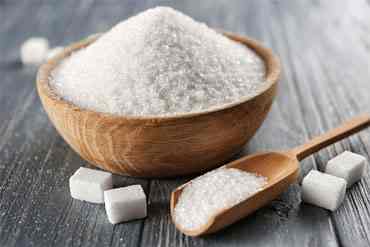 Sugar Industry
Sugar Industry 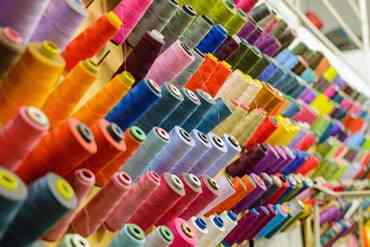 Textile Industry
Textile Industry 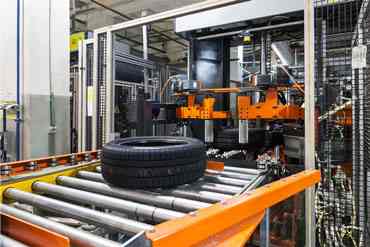 Tyre Industry
Tyre Industry
UBBHRS 0.5 to 15 Lac kcal/hr
Boiler blowdown heat recovery system IBR Approved
Datasheet (Metric)